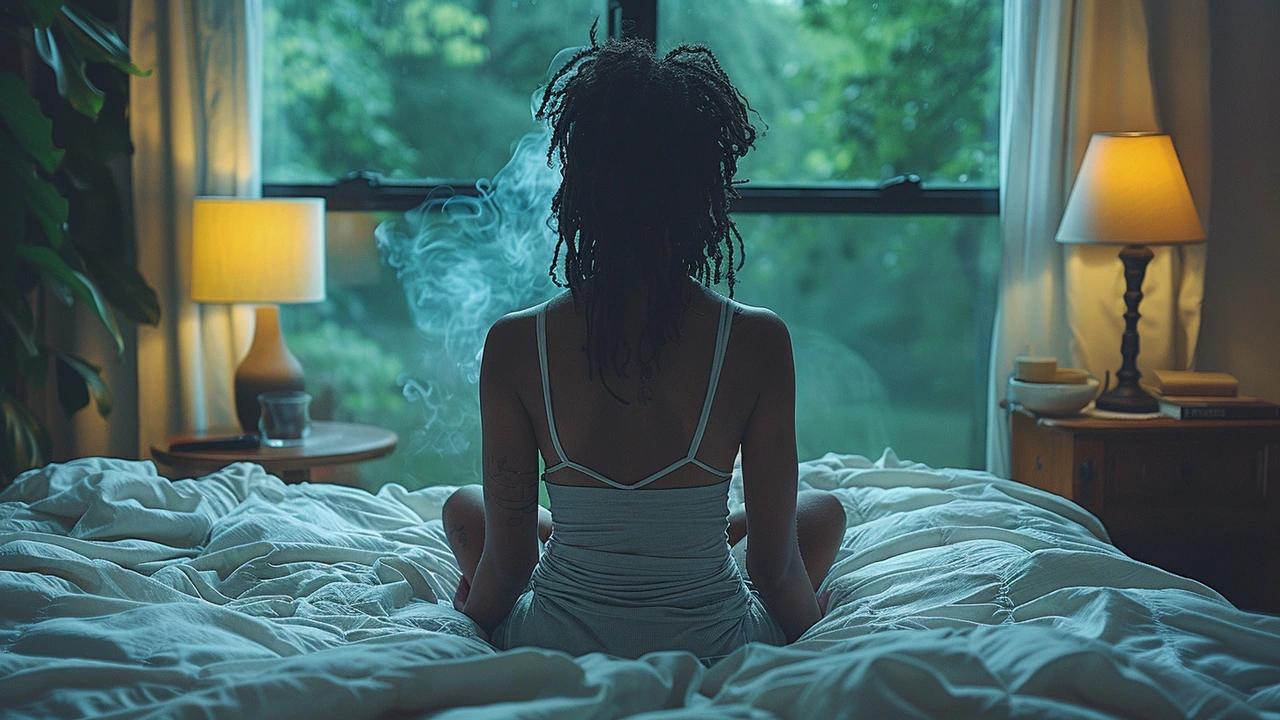Being awake for 17 hours can hurt your thinking like a blood alcohol level of 0.05%. If you want better sleep, you need simple habits that stack, not one big change.
Set a consistent wake time first. Pick a wake time you can keep every day, even weekends. Wake time anchors your body's clock more than bed time does. Decide how many hours you need—most adults feel best with 7 to 9—and count backward to find your target bedtime. Stick with that schedule for at least two weeks before judging results.
Make light work for sleep. Get bright light soon after waking—step outside for 10 to 20 minutes. In the evening, dim lights and cut screen brightness an hour before bed. If you must use devices, use blue-light filters and keep screens low and away from your face.
Tune your bedroom like a sleep lab. Aim for a temperature around 60–67°F (15–19°C). Remove clutter, use blackout shades or an eye mask, and block noise with earplugs or a white-noise machine. Reserve the bed for sleep and sex—don’t scroll or work there.
Watch what and when you eat and drink. Skip caffeine after mid-afternoon; for many people that means stop by 2 p.m. Alcohol can help you fall asleep but fragments sleep later, so avoid heavy drinks close to bedtime. If you need a snack, choose a small, protein-rich bite like Greek yogurt or a banana with peanut butter.
Move your body earlier in the day. Moderate exercise improves sleep quality, but finish intense workouts at least three hours before bed. Gentle evening movement—stretching, yoga, or a short walk—can help relax you without raising your heart rate too much.
Keep naps short and smart. Limit naps to 20–30 minutes and avoid napping late in the day. A short nap can boost mood and focus without wrecking night sleep, but long or late naps often make it harder to fall asleep.
Create a 20–30 minute wind-down routine you actually enjoy. Try a warm shower, dimmed lighting, calming music, light reading, or a simple breathing exercise. Box breathing is easy: inhale for four counts, hold four, exhale four, hold four. Repeat until you feel calmer.
If you still lie awake for more than 20 minutes, get out of bed and do a low-stimulation activity until you feel sleepy. Avoid checking the time—clock-watching creates pressure and feeds anxiety.
If sleep problems last more than a few weeks, talk to a healthcare provider. Mention any prescription or over-the-counter sleep aids so your provider can advise safely. If you use TRICARE, check drug coverage and alternatives on TRICARE Prescription Explorer to know what options are available.
Quick checklist: keep regular wake time, dim lights 60 minutes before bed, no caffeine after 2 pm, bedroom cool and dark, limit naps to 20 minutes, wind-down routine 20-30 minutes, get outside first thing. Small consistent changes beat one-night overhauls. If meds are used, always review interactions with your doctor first.

Struggling to get a good night's sleep? Discover the transformative impact of relaxation techniques on sleep quality. This article delves into various methods to unwind, reduce stress, and set the stage for restful slumber. From deep breathing exercises to mindfulness meditation, learn how these simple practices can make a significant difference.
Read More